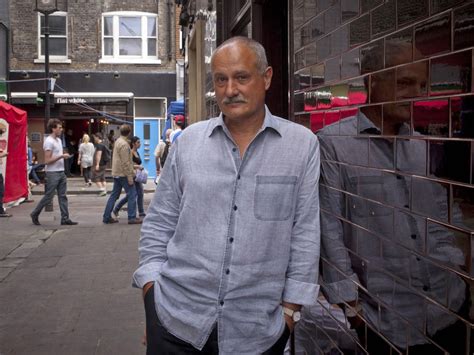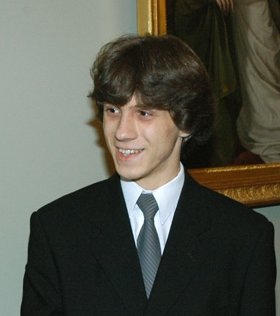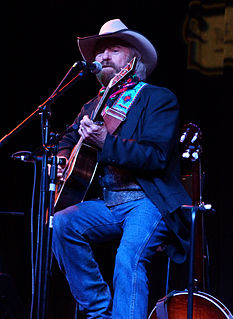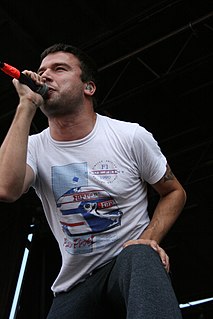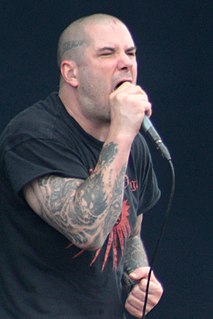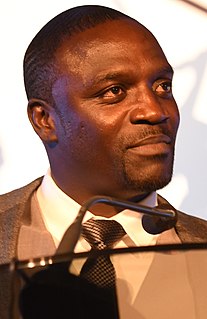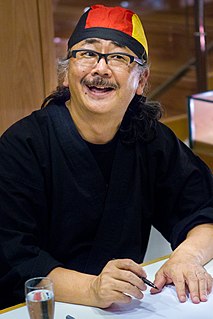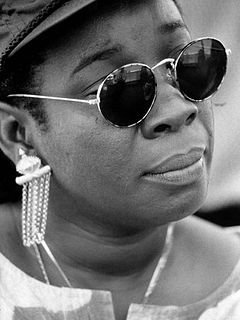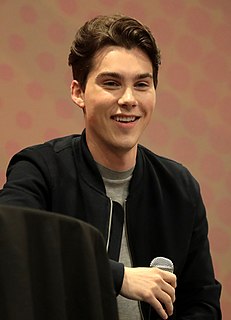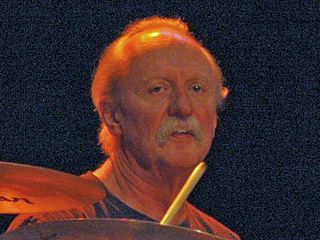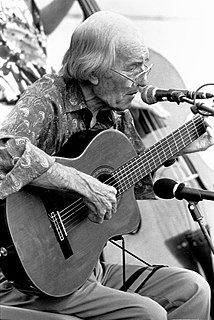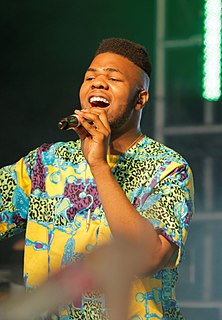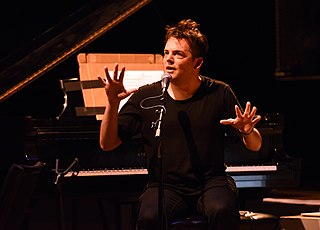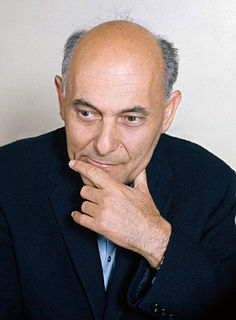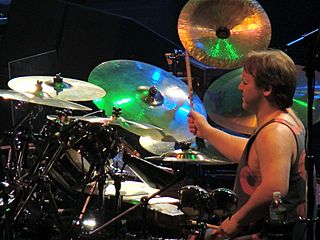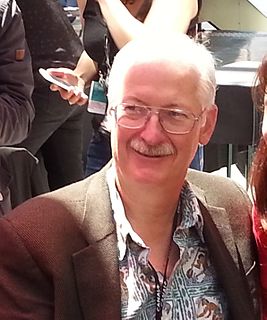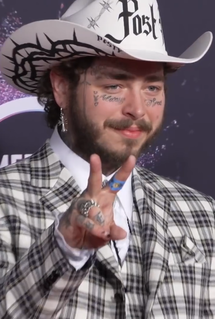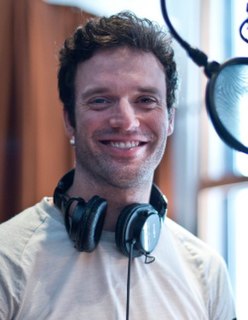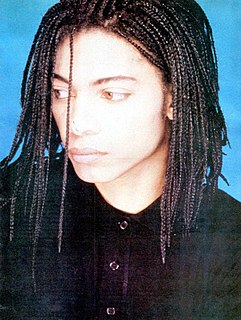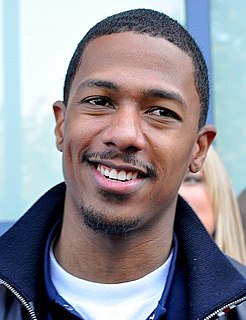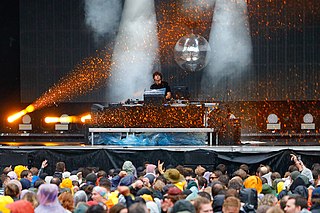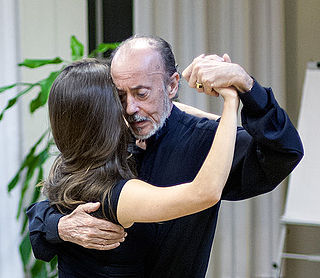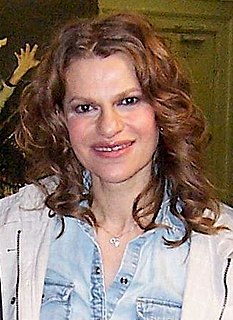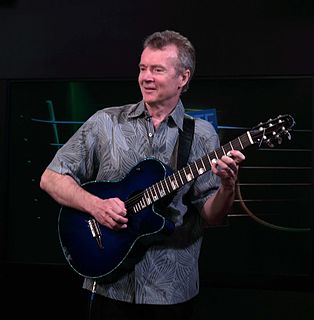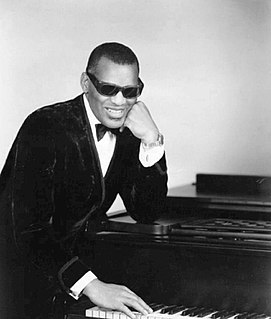Top 1200 Inspirational Music Quotes & Sayings - Page 19
Explore popular Inspirational Music quotes.
Last updated on December 2, 2024.
You don't pigeonhole yourself, people pigeonhole you. If the world is not at a place yet where it can just be like, "This music is gay and it's music," then it's not my fault that it gets pigeonholed, it's not the people in the band's fault, it's because people won't just let music be music, people who need to put a name on something or to critique something.
There are tons of people in the West who love fiddles, banjos and mandolins. If you got to any cowboy poetry and music gathering those are the instruments they use. It's acoustic music. We don't do that much modern country that has electric guitars and a lot of volume. It's a gentler form of music. It's from the land and comes from the ranchers and farmers.
I’ve never used music to sell my faith and I’ve never used faith to sell my music. I think they are both intrinsic parts of who I am. We’ve always tried to define our music outside of genres…what is a genre? A genre’s a cage or a box and for us our music is best with fangs and some claws running free in the wild.
If your whole world of a band or music is taking place in a digital realm or on technological devices, it's all mediated through those things. That takes away from the experiential and sensual nature of music. That's a lot less exciting for me to think about. It's not my ideal way of living with music.
The guitar is a means of expressing music, When you get into the emotional side of it, then it's not the guitar that matters so much as the music itself. But the guitar is the vehicle I use. It's how I express myself. As for the emotional side, music takes up where language leaves off. To try and verbalize what music says, emotionally and spiritually, is futile. Let me put it this way, Louis Armstrong once said if you've got to ask, you'll never know.
In the 1960s when the recording studio suddenly really took off as a tool, it was the kids from art school who knew how to use it, not the kids from music school. Music students were all stuck in the notion of music as performance, ephemeral. Whereas for art students, music as painting? They knew how to do that.
There are musicians who want to make a living making music. There are listeners who want to listen to music. Complicating this relationship is a whole bunch of history: some of the music I want to listen to was made a while ago in a different economy. Some of the models of making a living making music are no longer valid but persist.
I wanted to write a book about what it's like to be 50 and trying to reinvent yourself - that struggle. There are all these books and inspirational speakers talking about being a lifelong learner, and it's so great to reinvent yourself, the brand of you. And I wanted to say, you know, it's not like that. It's actually really painful.
We've always liked music in movies, you know, just 'cause it helps tell the story. It can be emotional. It can be funny. It can be so many different things. And it just and it gives you variety from and again, there's a certain stylization that happens with music. Animation and music seem to go together well.
Usually naive interviewers hover between two mutually contradictory convictions: one, that a text we call creative develops almost instantaneously in the mystic heat of inspirational raptus; or the other, that the writer has followed a recipe, a kind of secret set of rules that they would like to see revealed. There is no set of rules, or, rather, there are many, varied and flexible rules.
What the American Dream means to me is the fact that - what founded this country - when I think about those posters that were put up in Europe, which said, "Come to America and you'll have golden sidewalks. The land will be yours." There was something so inspirational about the fact that these immigrants from all over the world felt that here was a place of freedom, a place of opportunity.
The art of poetry consists in taking the poem through draft after draft, without losing its inspirational magic: he removes everything irrelevant or distracting, and tightens up what is left. Lazy poets never carry their early drafts far enough: some even believe that virtue lies in the original doodle scrawled on the back of an envelope.
When we talk about music, we tend to place our experiences into one of two categories: making the music and listening to it. Delineating the two seems practical and obvious. In reality, though, there are a lot of opportunities for overlap, and it doesn't matter how you get into the music as long as you connect with it.
In so many areas, when you think about it, you never really see an actor cross over to music. It always music to acting and it's receivable because when music gives a form of entertainment of art to where it's very personable, it's a passion, it's an intimate type of art to when you hear it, it's them.
Music is neither old nor modern: it is either good or bad music, and the date at which it was written has no significance whatever. Dates and periods are of interest only to the student of musical history. . . . All old music was modern once, and much more of the music of yesterday already sounds more old-fashioned than works which were written three centuries ago. All good music, whatever its date, is ageless - as alive and significant today as it was when it was written
You know when I started playing music as a young man I felt the need to be noticed and to prove myself. My motivation is much different now but what's still left is the love of music and the joy of entertaining people- the feeling that I make a difference, giving something back rather than just taking. Every year or two I come out with new music, or new arrangements of old music which keeps my show fresh.
I feel like kids that grew up in New York City or in L.A. were exposed to all these subcultures and subgenres, whereas I was only exposed to the poppiest of pop music so I never had this negative connotation towards pop music. That's not South African music having an effect on me, but just how international music was filtered through South Africa affected me. It gave me a not-negative connotation towards pop music growing up.


